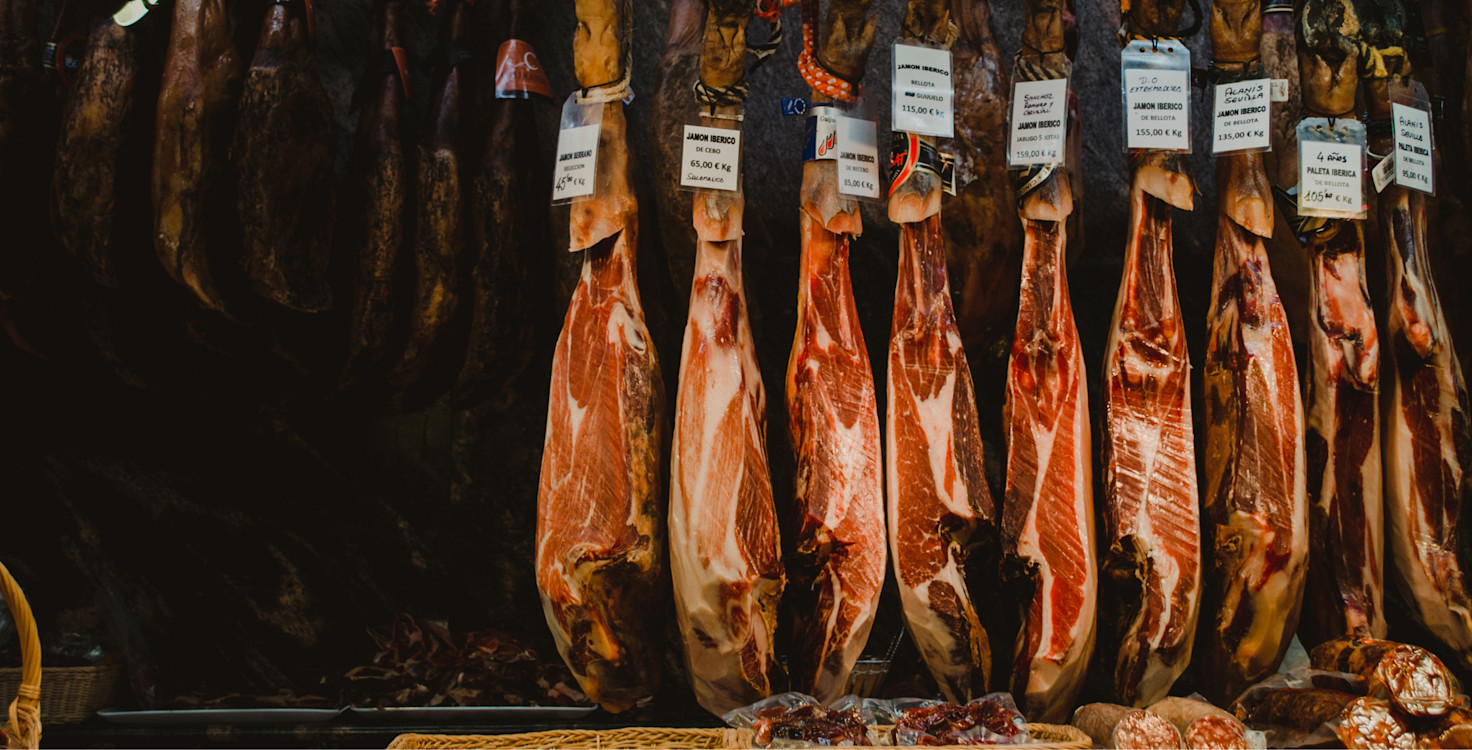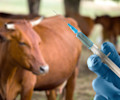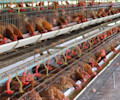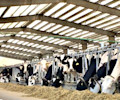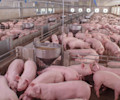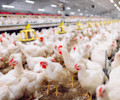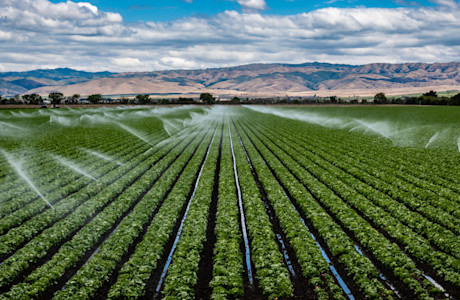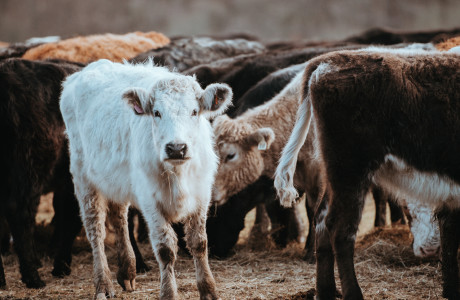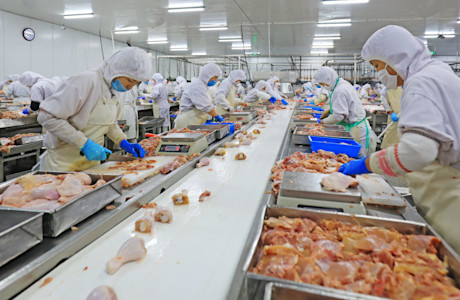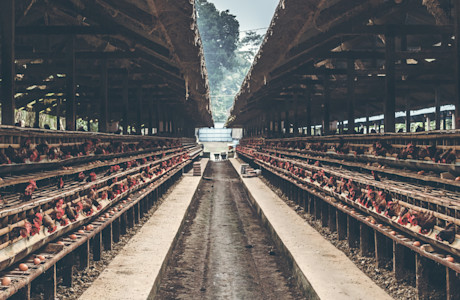Impact and financial risks of meat production
Meat production, particularly on an industrial scale, carries with it a number of health and sustainability risks, surrounding its tremendous environmental impact stemming from its complex and opaque supply chains, rampant overuse of antibiotics, animal welfare concerns and worker safety issues. This in turn impacts investors in the meat production industry.
Similarly, traceability concerns related to the complex and opaque supply chain in the agriculture industry has seen major food safety issues emerge, which in turn has led to costly export bans that have seen global food companies’ shares plummet. For instance, an export ban applied to Brazil’s BRF, the world’s largest exporter of chicken, saw its shares plummet by as much as 6%. Likewise, JBS, along with BRF again, were both found to have exported expired meat to Europe. Following consumer outcry, numerous import bans were enacted on Brazilian beef and a single-day fall of 11% in the share price was experience by the world’s largest meat processor JBS. The company was also forced to cease beef processing at all but three of its 36 plants in Brazil. The fallout was similar for BRF which saw its share price drop by 7% as the scandal emerged.
Ethical consumerism is also on the rise and meat companies could experience major financial losses from any damage done to their brand’s reputation concerning issues around animal welfare. Closed confinement and use of gestation crates along with poor practices for slaughtering and transporting farmed animals also poses a major risk to investors.
Worker safety issues are another consideration investors must make in relation to meat production. Lawsuits and factory shutdown can have enormous impact on firms’ bottom lines.
GHG emissions and pollution
The agriculture industry is one of the biggest polluters in the world, responsible for 14.5% of all greenhouse gas (GHG) emissions, largely due to farmed animals. In 2019 it was estimated that the average cow releases between 70 and 120 kg of methane per year and the negative effect of methane on the environment has been found to be 23 times more than the effect of CO2.
Animal welfare issues
Meat production through intensive livestock farming has serious concerns surrounding animal welfare. Closed confinement and use of gestation crates are major issues facing the meat production industry. Ethical practices for slaughtering and transporting animals farmed are also issues needing to be addressed.
Water scarcity risks
Meat production has a huge impact on water consumption, with the USDA reporting that agriculture is responsible for 80 to 90% of US water consumption in 2019. For meat production in particular, it is estimated that 2,400 gallons of water is need to produce just one pound of meat.
Worker safety
The meat production industry has been plagued by worker safety issues at plants, particularly as food companies attempt to eliminate speed limits from production lines. Meat companies have also been accused by workers of not addressing injured workers complaints fairly, making employees treat injuries during their breaks or lunch hours rather than during production hours.
FAIRR insights are written by FAIRR team members and occasionally co-authored with guest contributors. The authors write in their individual capacity and do not necessarily represent the FAIRR view.
